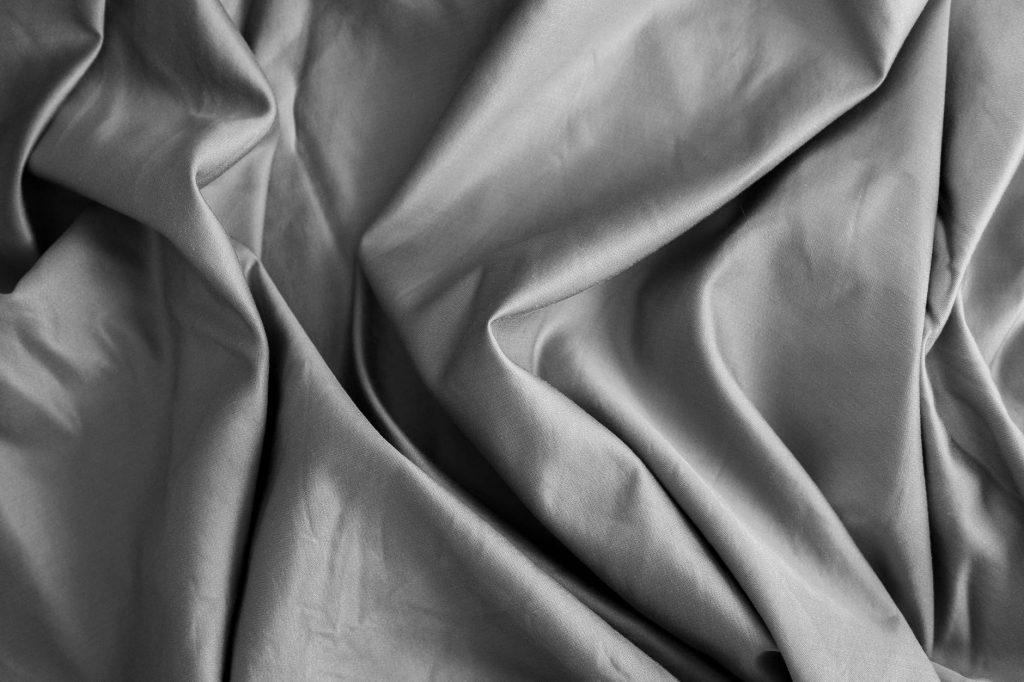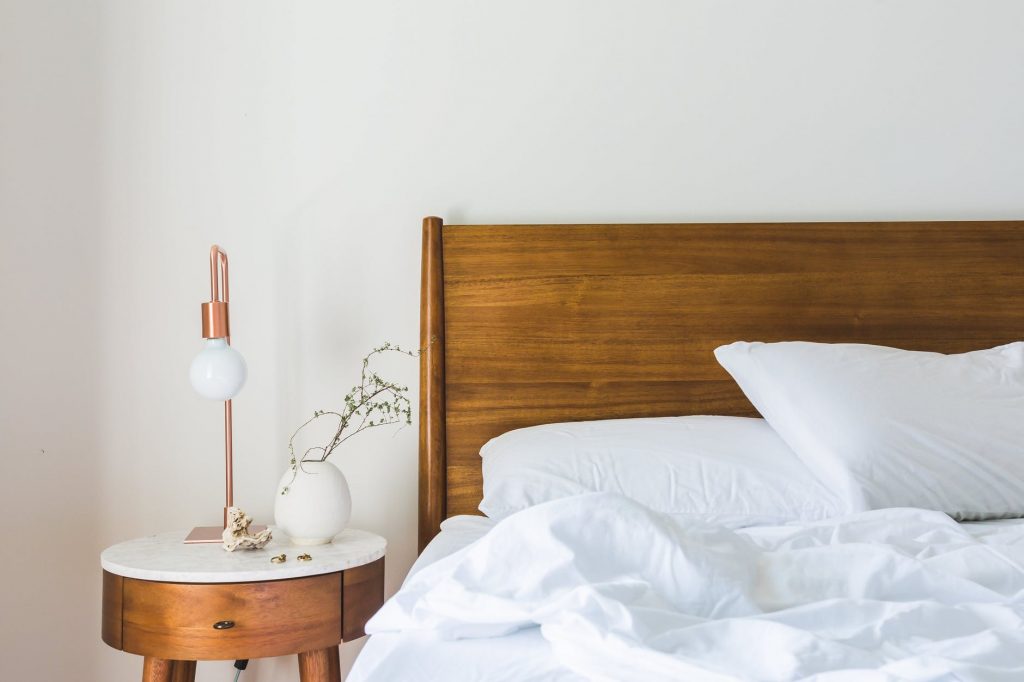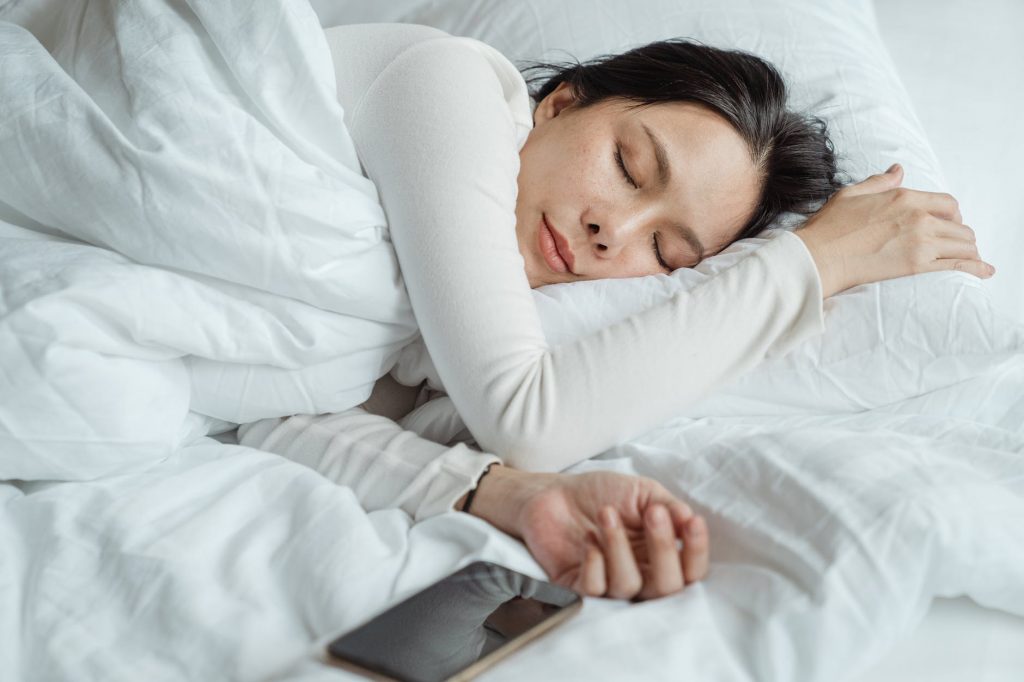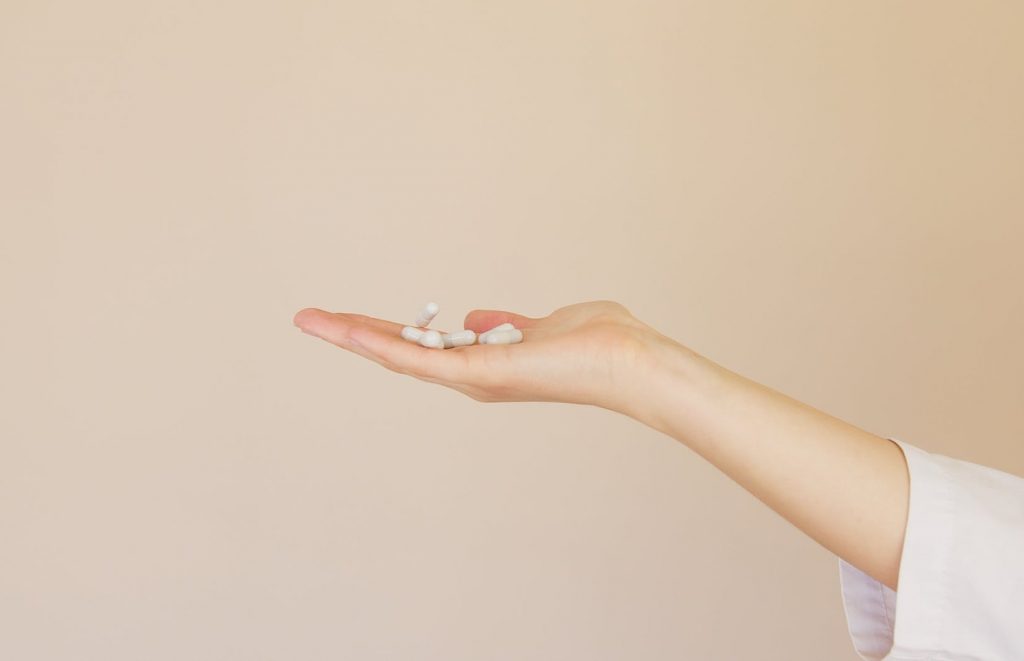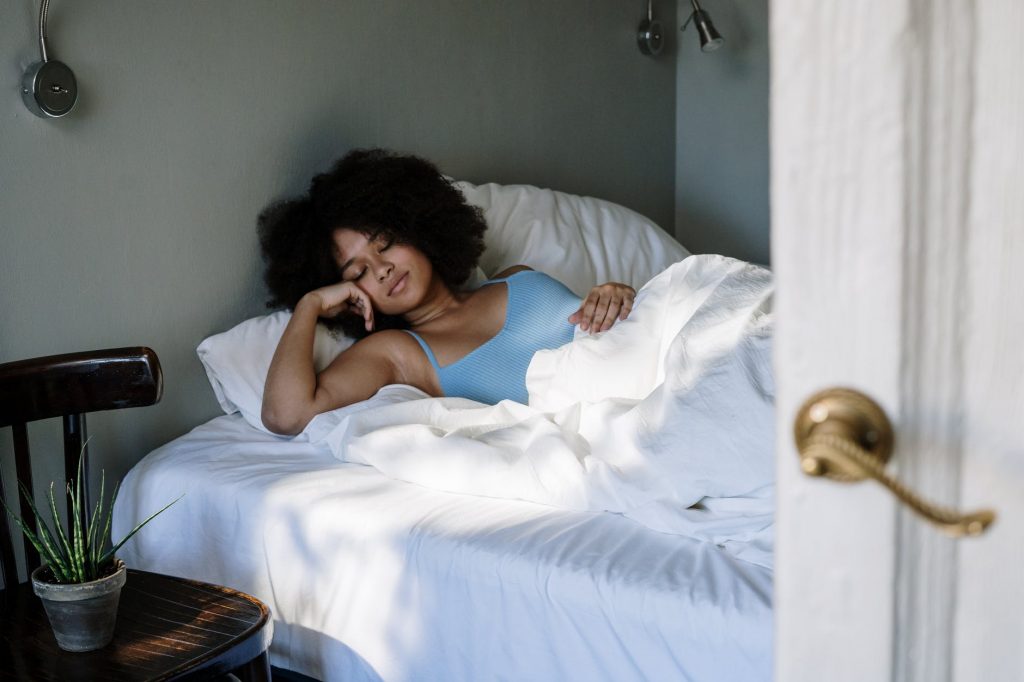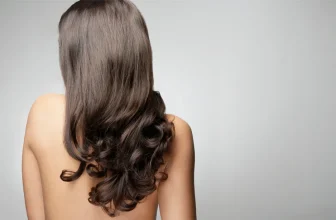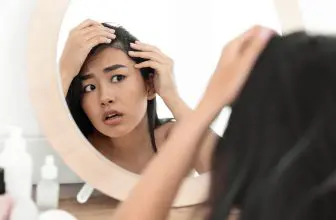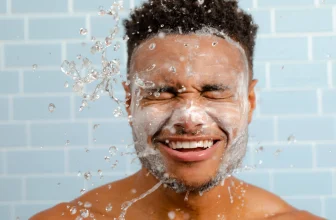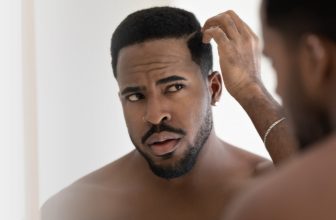Is Good Sleep Essential For Hair Health?
Everybody knows that good sleep is important, but why? If you’re wondering whether or not a lack of quality slumber can have an impact on your hair health, the answer might surprise you. This blog post will discuss if good sleep is essential for healthy hair and other possible effects it may have on the skin and nails!
What is sleep?
Sleep is a natural, periodic state of rest for the mind and body. During slumber, your eyes are closed and you do not consciously hear or perceive your environment. You spend around a third of your life asleep! It is essential to maintaining good health, including the condition of your hair, because it helps maintain homeostasis in the human body by helping with cell regeneration, hormone regulation, mental function, and other bodily functions.
Is sleep essential for healthy hair?
Yes! During the day, your body produces a hormone called cortisol, which is responsible for turning energy into fuel (glucose) to be used by cells to function properly. When you do not get enough sleep, this causes an increase in cortisol levels, leading to a depletion of the amino acid tryptophan. Tryptophan is an essential compound to produce serotonin, which causes feelings of happiness and relaxation.
If there is not enough tryptophan available in your body due to lack of rest, you will have difficulty falling asleep at night because your cortisol levels are too high! This leads you to feel tired during the day, which can be extremely harmful to your hair health.
Negative effects of not getting enough sleep on hair health
Some of the negative effects that not getting enough sleep can have on your hair health include:
- A higher chance of developing dandruff and/or other scalp conditions such as psoriasis because you feel tired, which causes you to neglect washing your hair. This lack of self-care for the scalp will lead to a build-up of dead skin cells (dandruff), which can clog the follicles of your hair and prevent healthy hair growth.
- Your body is too tired to properly regulate hormone production, leading to imbalanced sex hormone levels in men and women (androgenic alopecia). The increased cortisol causes testosterone levels to rise when you are trying to fall asleep at night! This can lead to hair loss in both men and women.
- Problems with the digestive system because of lack of rest can cause nutrients to not be properly absorbed, leading to nutrient deficiencies which are linked to alopecia areata. This deficiency is especially important for those who have had gastric bypass surgery.
What other effects does lack of sleep have on skin and nails?
Lack of sleep has also been proven to cause an increase in blood sugar levels due to cortisol’s inability to convert glycogen into glucose for energy use. This means you are less able to fight off harmful bacteria, which can lead to acne and other skin conditions. Not getting enough rest has also been shown in studies to cause damage to your nails by creating brittleness due to insufficient amino acids, specifically cysteine sulfoxide!
How to get enough sleep?
-
Choose your sheets wisely
There are various things that you can do to get enough sleep. For one, you can change your sheets to make your bed more relaxing, fostering a peaceful slumber. Take the time to explore online sources. Some other sheets that work well in this regard are those made from organic materials, such as cotton. Also you may come across best bamboo sheets proven to be beneficial in fostering a comfortable rest, leading to healthy hair that is listed down by https://puffy.com/products/puffy-sheets.
-
Create a bedroom environment that will foster quality rest
In addition to choosing the perfect sheets, make sure that your bedroom is cool and dark. This will help your body regulate its temperature and get into the right state for sleeping. There is also the option for you to get a humidifier to ensure that the air you breathe while you rest is of high quality.
-
Steer clear of stimulants
You should also avoid consuming stimulants before bedtime to ease your transition into a deep sleep. Steer clear from caffeinated beverages or alcohol for at least four hours before going to bed so that they do not keep you up during the night! If possible, try meditating and practicing yoga as it has been proven to be relaxing and beneficial for the length of your slumber.
-
Take supplements
Otherwise, you can also consider getting a supplement that can help you get enough sleep each night. It is recommended to look for supplements containing melatonin, valerian root extract, and magnesium glycinate! Good sleep is essential for healthy hair, so take proper steps now to ensure that you are getting enough rest each night.
-
Create a bedtime routine
You should also try to sleep at the same time each night, so create a bedtime routine that you can go through consistently. For instance, brush your teeth and wash your face with a soap-free cleanser before you hit the sheets. You can also set your alarm clock for you to wake up at the same time every morning. This means that you should avoid trying to sleep in during the weekends because this can disrupt your routine.
-
Exercise during the day
Be sure to exercise during the day, because it will make you tired and ready for bed. There are some exceptions such as if you do high-intensity workouts right before bed! Also, try not to work out within three hours of your regular sleeping time.
When it comes to hair, the quality of your sleep is just as important as how often you wash or comb. If you are not getting enough rest, there are a few things that may be contributing to this problem. These include drinking too much caffeine before bedtime, having an inconsistent schedule for going to bed and waking up in the morning, taking naps during the day instead of sleeping at night when your body needs restful slumber. Sleep is important for everyone, and it’s especially vital for your hair. It turns out that not getting enough rest can impact everything from dry scalp to breakage. For this reason, make sure to get a restful sleep tonight!


